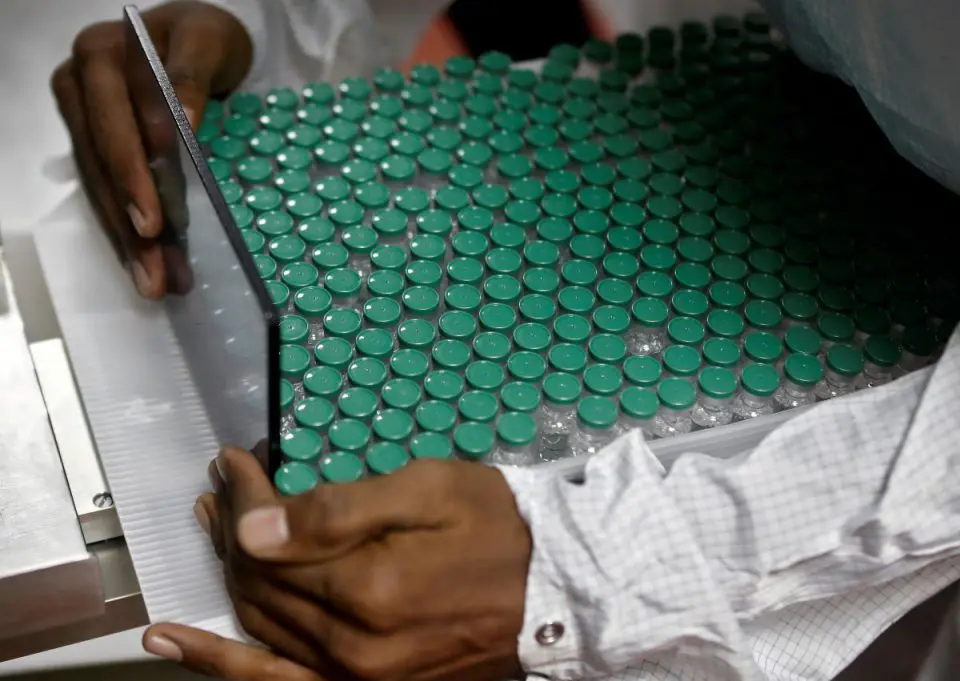KUALA LUMPUR, June 30 — Malaysia’ efforts to produce its own Covid-19 vaccine is the best way to reduce its dependence on the superpowers to obtain the future supply of the vaccine.
Immediate steps in that direction need to be taken following various issues have cropped up, including the problem of not enough stock, as well as the recipients countries having to pay high cost to obtain the supply.
The World Health Organisation (WHO), in a report on June 19, was quoted as saying that a large number of poor countries, including in the Indian continent, Sub-Saharan Africa, Latin America and West Asia, had to postpone their Covid-19 vaccination programme due to shortage of vaccine doses, causing individuals who have already received the first dose to have to wait longer for the second dose.
The report also stated that such a situation occurred when countries that have financial resources and produce the vaccine have access to the vaccines.
It is also saddening when the rich countries, such as the European Union (EU) and the United States of America (US), monopolise the Covid-19 vaccine supply, causing other countries, including Malaysia, to be slow to receive their supply, thus affecting efforts to increase the vaccination rate of their population.
This was raised by the Coordinating Minister of the National Covid-19 Immunisation Programme (PICK), Khairy Jamaluddin, who also said that Malaysia is able to open a large vaccination centre (PPV), such as at the Bukit Jalil National Stadium, but there must be sufficient supply of the vaccine.
However, a recent statement by Health Minister Datuk Seri Dr Adham Baba that Malaysia is developing the first vaccine to fight the Covid-19 pandemic in collaboration with the Institute of Medical Research (IMR) and Universiti Putra Malaysia (UPM) gives hope of continuity of the vaccine supply for the people.
Senior lecturer at the Environmental Health Cluster, Department of Earth Science and Environment, Universiti Kebangsaan Malaysia (UKM), Dr Nurul Yuziana Mohd Yusof, said the emergence of SarsCoV-2 coronavirus that causes Covid-19 should make Malaysia realise the need for a proactive action to intensify efforts to produce the vaccine in the country.
This is not only to curb the spread of Covid-19 but to also combat the spread of other new variants in future, she added.
“The Covid-19 virus is a ‘wake-up call’ for us to prepare ourselves and strengthen the country’s health barrier by developing our own vaccine.
“This Covid-19 emerged 17 years after the SARS (Severe Acute Respiratory Syndrome) outbreak, and even the MERS-CoV (Middle East Respiratory Syndrome Corona Virus) outbreak in 2012 was also caused by the coronavirus group.
“This shows that the probability for the coronavirus to reappear as a new pandemic (in future) is high,” she told Bernama.
Nurul Yuziana said if Malaysia is able to produce the Covid-19 vaccine, it would be able to resolve various crises related to the vaccine, including the issue of a supply shortage due to the high dependence on producing countries.
She said such a problem exists when the producing countries have to meet the needs of the local population and at the same time also had to supply or sell the vaccine to other countries on a very large scale, thus putting pressure on both sides.
‘‘As we see in the current Covid-19 situation, it is a world health crisis, regardless of developed countries or poor countries. Therefore, as a developing country, we can reduce our dependence on external vaccines by developing a local vaccine manufacturing industry to enable our society to have direct access to vaccines.
‘With the existence of the vaccine manufacturing industry, we can guarantee the well-being of the nation’s generation. This is because, when we have the experience and ‘template’ for the vaccine production process, it can indirectly be adapted to any type of pathogen (germ).
“Apart from that, this effort will also be able to enhance human resources or technical expertise that we have from time to time,” said Nurul Yuziana, who is currently developing a biosensor platform for Covid-19 disease through a UKM grant and an international grant from the International Centre for Genetic Engineering and Biotechnology (ICGEB).
She is also leading research involving the identification of memory B cells that produce specific antibodies against SARS-CoV-2 through blood samples of individuals who have recovered from Covid-19.
Therefore, for Malaysia to be one of the vaccine-producing countries, there have to be careful planning and strategy at the research and development (R&D) level.
This is important to ensure the continuous development of vaccines at the large-scale manufacturing level, especially with the cooperation of research institutions, medical expert groups and the national pharmaceutical industry to accelerate and strengthen the clinical testing process for the vaccine.
Malaysia needs to make India an example in producing its own vaccine by using local expertise.
“Although India is a poor country, she uses its own expertise to produce vaccines, especially to reduce the cost of buying vaccines from other countries which are expensive to meet her large population,” she added.
According to records, India produces 60 per cent of the total global vaccine and houses the Serum Institute of India (SII), the world’s largest vaccine manufacturer.
— Bernama





